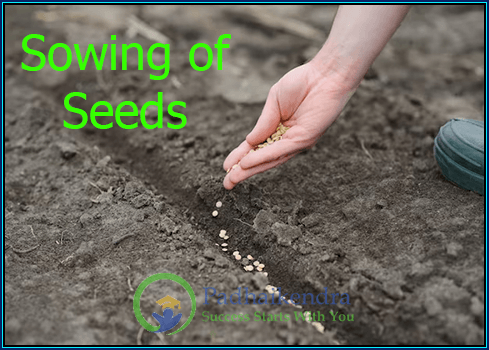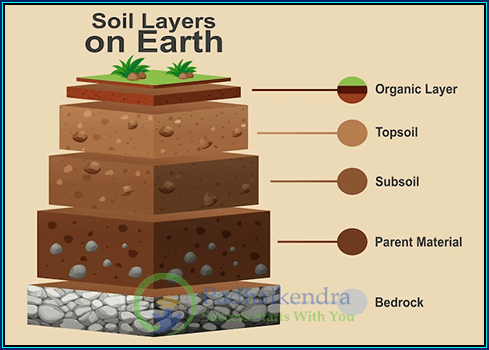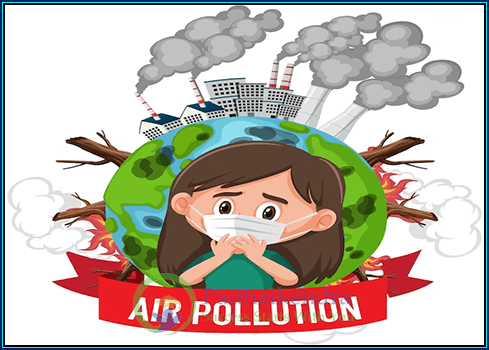Rural settlements refer to communities that are located outside of urban areas, typically characterized by lower population densities, agricultural activities, and a closer relationship with the natural environment. Rural settlements can take many forms, including small villages, hamlets, and scattered homesteads.
Rural settlements are often located in areas with natural resources such as fertile soil, forests, and waterways, which support agricultural production and other forms of economic activity. In many cases, rural settlements are closely tied to the land and the natural environment, with residents engaging in subsistence farming, animal husbandry, and other activities that are reliant on local resources.
Rural settlements often face unique challenges compared to urban areas, including limited access to basic services such as healthcare, education, and transportation. Rural settlements may also face social and economic challenges such as poverty, isolation, and lack of opportunities for employment and economic development.
To address these challenges, governments and other stakeholders can implement policies and initiatives aimed at promoting sustainable rural development. These may include investments in infrastructure such as roads, water and sanitation systems, and renewable energy, as well as programs to promote agricultural productivity, access to education and healthcare, and support for small businesses and entrepreneurship.
Overall, rural settlements play an important role in supporting agricultural production and natural resource management, as well as preserving traditional cultures and ways of life. Promoting sustainable rural development is therefore critical for achieving sustainable development and improving the well-being of people and communities in rural areas around the world.





